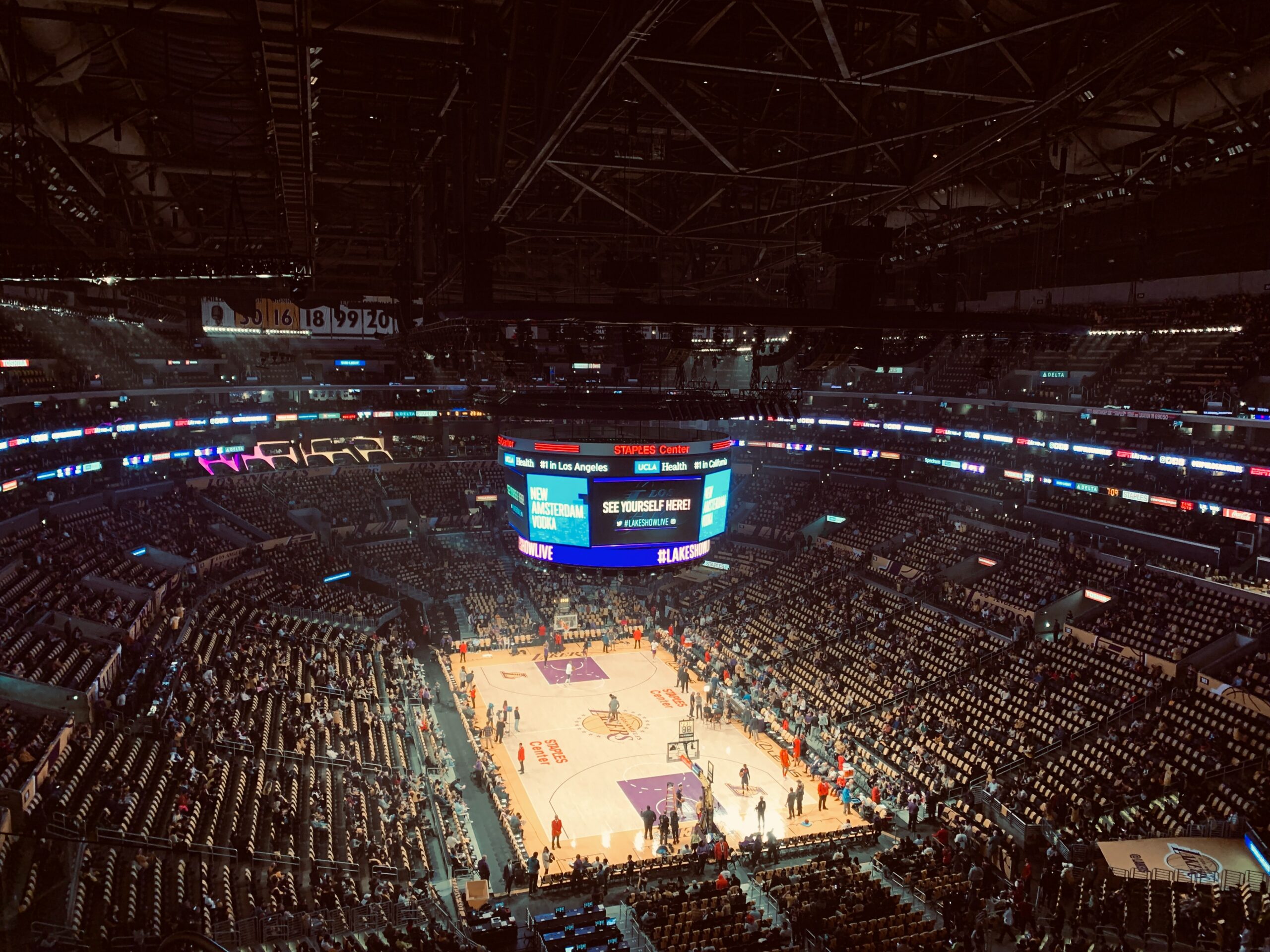When the New York Jets hired former Dallas Cowboys receiver coach Miles Austin, many people were excited about the addition of a respected veteran to the coaching staff. However, that excitement died down rather quickly when it was revealed that Austin had been disciplined for gambling. At a press conference on Thursday, head coach Todd Bowles announced that Austin has been suspended for at least one year and will not be allowed on NFL premises during that time. The suspension is effective immediately. Austin was caught using his phone at an establishment where gambling is legal, and he was also found in possession of cash totaling $11,000. The punishment doesn’t end there for Austin, either. He must also surrender his college degree and have his NFL coaching license taken away for at least one year. Many people are questioning whether or not this punishment fit the crime, and they have a valid point. Gambling is not a crime of violence like street robbery or domestic abuse, so it shouldn’t result in such severe punishments. This case sends a clear message to coaches across the NFL: if you engage in illegal gambling activities, you will pay for it.
Miles Austin is Suspended for at Least One Year
Miles Austin was suspended for at least one year by the New York Jets on Wednesday after he was caught gambling earlier this week. Austin will reportedly have to undergo counseling and submit to drug testing in order to be reinstated. The Jets said they were “disappointed” in Austin’s actions and that his suspension would “address any potential issues moving forward.” Austin, who is a former Texas Longhorn, has been with the Jets since January of this year.
What Happens if You’re Charged with Gambling?
If you’re a New York Jets receiver coach Miles Austin, you’ll be suspended for at least one year following a gambling conviction. The NFL Network reports that Austin was sentenced to one year of probation and required to pay $10,000 in fines after pleading guilty to betting on NBA games between 2010 and 2013. In addition, he must attend 160 hours of counseling.
According to the report, Austin placed bets on games between southern Nevada and Chicago casinos. He also accepted money from an unnamed person to place bets on NBA games that he then distributed for free to players on his team. This is not the first time Austin has run-ins with gambling laws. Back in 2007, he was convicted of felony charges for soliciting prostitution from a young woman while he was living in Las Vegas.
Possible Defenses Against a Gambling Conviction
If you are facing a gambling charge in New York, you may be able to mount some defenses. Possible defenses against a gambling conviction in New York can include: 1) The gambling was not knowingly done; 2) The gambling was done for business purposes only, and 3) The gambling did not cause any financial harm. If you can demonstrate that the gambling was not knowingly done or that it was done for business purposes only, your case may be more likely to succeed.
The Jets Receivers Coach’s Future with the Team
Miles Austin, the Jets receivers coach, was suspended for at least one year by the NFL on Wednesday for gambling. The league released a statement saying that Austin acknowledged that he “engaged in conduct that violated NFL rules.”
Austin will be eligible to apply for reinstatement in April 2020. The news is a shock to the Jets since he had just been hired by the team only two weeks ago.
Austin will no longer be coaching the receivers in his role with the Jets but will still be involved in player development. It is unclear what his future with the team may be beyond 2020.
Conclusion
Miles Austin, the receivers coach for the New York Jets, was suspended for at least one year after being caught gambling during NFL preseason games. The suspension stems from charges of illegal betting on NFL games. Austin is the second high-ranking NFL figure to be punished with gambling this year. Earlier this year, Browns head coach Hue Jackson was banned for eight weeks after being arrested for suspicion of illegally betting on NCAA basketball games. While it’s unfortunate that these incidents are happening more frequently, we hope that by shining a light on them, we can help make changes so that such behavior is no longer tolerated in professional sports franchises.

